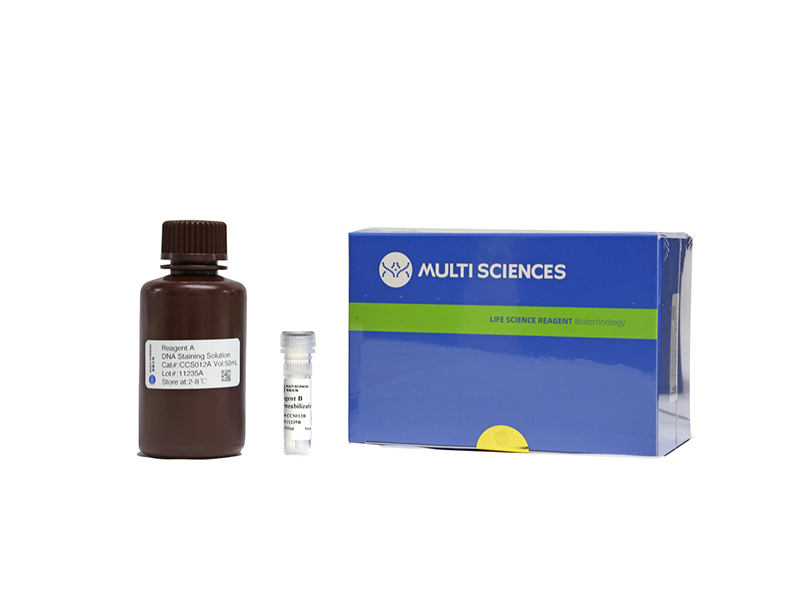Patients with postoperative tumor-associated bone defects need both chemotherapy and bone repair in the shifted disease states, but chemotherapy resistance, severe side-effects, and poor bone regeneration result in tumor recurrence and therapy failure. Herein, we develop an injectable and tumor microenvironment (TME)-modulated hydrogel composed of bio-responsive drug-loaded mesoporous bioactive glass nanoparticles (MBGN), gelatin (Gel), and oxidized chondroitin sulfate (OCS) for tumor-associated bone defects closed-loop management. The TME-modulated hydrogels can deplete protons and glutathione (GSH) within residual tumor tissues with sustained drug responsive-release capability, therefore interfering TME and overcoming cancer resistance, and also reducing off-target effects. Mechanistically, in the early state of treatment, acidic environment of TME will break the Schiff’s base bond network of hydrogels, thus deliver drug-loaded nanoparticles into tumor cells. Subsequently, the pH-responsive amide bonds, GSH-responsive disulfide bonds and acidity-degradable nanocarriers of drug-loaded nanoparticles can induce ROS stress and mitochondrial-related damage, activating the p16-CYLD tumor suppressor pathway to induce apoptosis and inhibit metastasis. In the late state of treatment, the hydrogels shifted into regenerative scaffolds to exert long-lasting osteogenesis effects. Overall, the TME-modulated hydrogels can orchestrate steady bone repair and avoid tumor recurrence, achieving closed-loop management of postoperative tumor-associated bone defects.
文章引用产品列表
-
- CCS012 1190 Citations
- 周期试剂盒
Cell Cycle Staining Kit 细胞周期检测试剂盒
- ¥390.00



